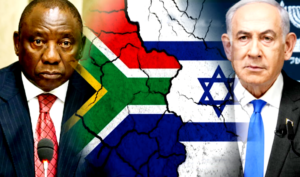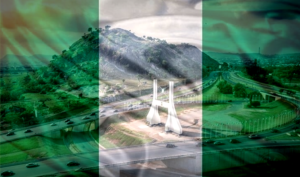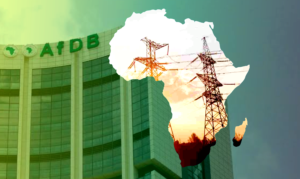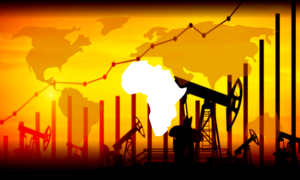World Leaders Step Up Behind-the-Scenes Push at UN to End Sudan War
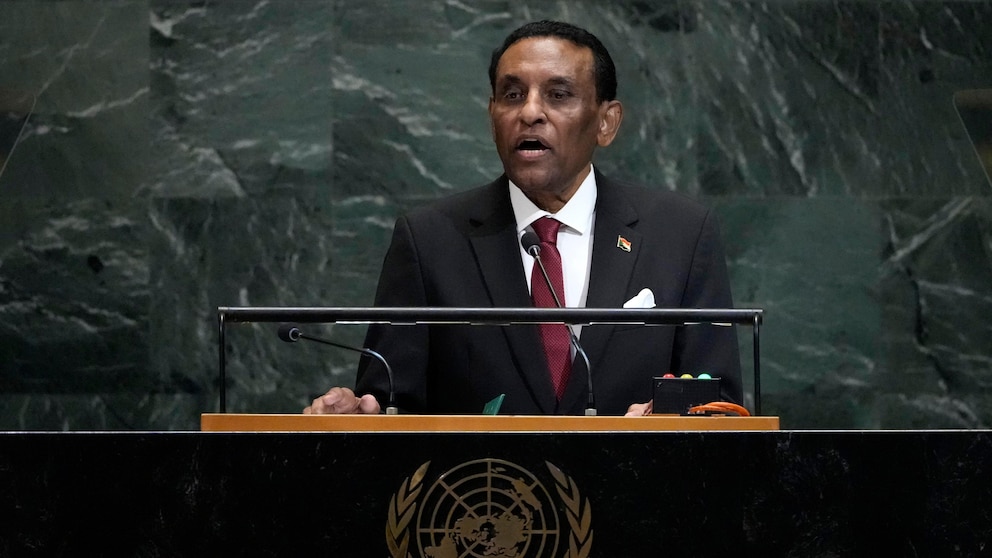
In New York, behind the marble corridors and closed doors of the United Nations headquarters this week, global leaders worked urgently to halt Sudan’s devastating war. As presidents and prime ministers delivered their speeches in the General Assembly, diplomats and mediators quietly huddled inside rooms, pressing for a breakthrough to stop a conflict that has not only torn Sudan apart but also rippled across families, economies, politics and cultures far beyond its borders.
![]()
The war, now well into its second year, has displaced millions of Sudanese citizens, creating one of the fastest-growing humanitarian crises in the world. Families have been uprooted overnight, with parents forced to choose between fleeing to safety and staying behind to protect homes and relatives. Aid agencies notify that nearly half of Sudan’s population now faces acute hunger, while disease outbreaks add yet another layer of suffering.
Sudan is bleeding, the sidelines of the UN humanitarian official gathering. Everyday the Sudanese war continues, a generation is being lost, to hunger, violence and despair.
Sudanese families and communities in collapse. The war is more than a clash of generals. It is a direct assault on daily life. Schools remain closed, splitting children’s futures apart. Weddings, once central to Sudanese cultural identity is now under siege. Daily life transactions have been postponed indefinitely, while funerals are held hurriedly under the shadow of airstrikes. Communities that thrived on mutual support now struggle to cope as neighbors scatter to refugee camps across Chad, South Sudan and Egypt.
The war has also placed Sudan’s cultural heritage at grave risk. Ancient sites have been damaged, libraries destroyed and oral traditions disrupted. Artists and musicians, which are longstanding voices of resilience in Sudan, now find themselves silenced or exiled. Cultural observers warn that the loss is not only material but spiritual. Because, when culture is fractured, rebuilding society becomes far harder than rebuilding infrastructure.
Beyond Sudan’s borders, the economic consequences of war are mounting. Sudan once served as a regional hub for trade, agriculture and gold exports. Now, with ports disrupted and industries paralyzed, businesses from Khartoum to Cairo are feeling the strain. Rising grain prices threaten food security in neighboring states, while investors wary of instability have pulled back, stunting growth across the Horn of Africa.
The conflict has also reshaped politics both inside and outside Sudan. Domestically, rival military factions continue to battle for supremacy, leaving civilian leaders sidelined. Internationally, the war has exposed divisions among major powers. Some backing mediation through the African Union, others favoring Gulf States’ involvement. Yet at the UN this week, diplomats privately acknowledged a shared fear that if Sudan collapses entirely, extremist groups could exploit the vacuum, destabilizing an already fragile region.
Inside Sudan, the war is tearing apart the social fabric. Longstanding ethnic tensions, once held in check by uneasy truces, are being inflamed by the fighting. Displacement has expanded inequalities, with women and girls disproportionately facing the risks of violence and exploitation. At the same time, the resilience of Sudanese civil society remains evident, as local networks continue to organize food deliveries, medical aid and education in makeshift classrooms, even as bombs fall.
In consideration of the global stakes and a need for quiet negotiations, the UN meetings highlighted just how global the risks of ignorance are. World leaders from Africa, the Middle East, Europe and the United States held a flurry of behind-the-scenes consultations. Officials described a “fragile consensus” forming around the need for an immediate ceasefire and renewed talks. Still, diplomats conceded that rival international agendas, competing interests in Sudan’s natural resources and strategic location, risk undermining progress. As one senior European diplomat put it: “The world cannot afford another endless war in Africa. Sudan matters for security, for stability, for human dignity. We either act now or face consequences for decades.”
Whether this week’s UN diplomacy will translate into peace on the ground remains uncertain. Regardless, the Sudanese civilians’ hope has been raised and dashed before. Yet many cling to the belief that international unity could finally bring relief.
In the meantime, the war continues to define daily existence for millions of Sudanese families, shaping not only their present but their future. And in New York far from the battlegrounds of Khartoum and Darfur, leaders are weighing whether they have the will and the unity, to end one of today’s most urgent and overlooked wars.


